See here and here for the first two parts of my NWN2 experiences.
I had some spare time yesterday so I muscled my way though the first two quest hubs in NWN2: Fort Locke and Highcliff. I've saved a few puppies, killed some rats in a cellar and investigated some haunted ruins. Par for the course as these things go. Of special note is that I was finally "introduced" to what I think is an antagonist, but not enough light was shed on the goings on to be certain. NWN2 seems to be holding up well so far, though I maintain that its structure is about as old school as you can get, so caveat emptor, duders.
Old School vs. New School
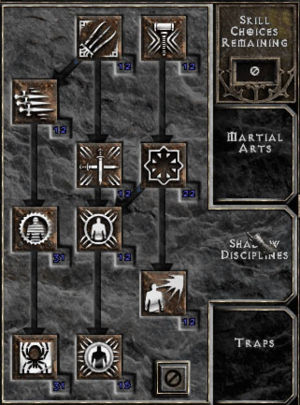
The skill tree represents a distinctly different development path for player characters than traditional RPG mechanics. Again, I'm going to stress that I'm speaking of Western RPG
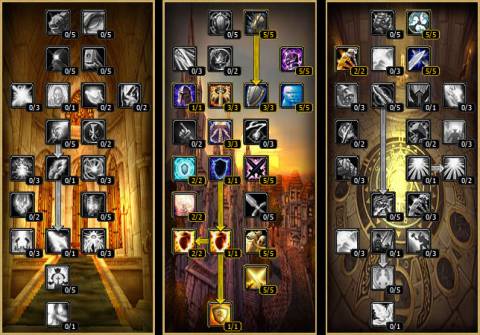
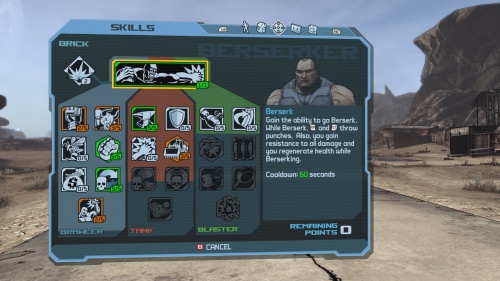
But what does this have to do with my current game, you ask? Simple: NWN2 is based on D&D 3.5, the anti-skill tree. Decisions about the development of your character
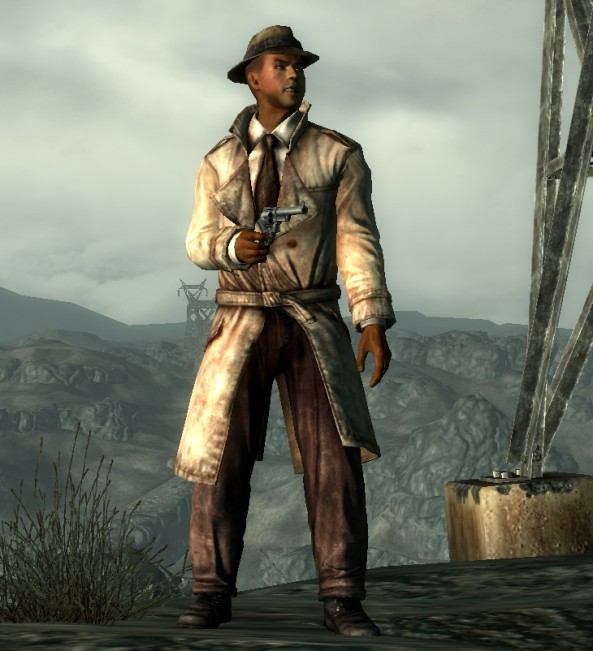
In my current game I've found this to be a blessing. With skills (feats in D&D speak) not as interconnected and interdependent, I don't have a final goal in mind, and my party is developing not along a set path but in response to their predicament. My main fighter took Improved Initiative so he could attempt a knockdown before the first mob attacked. This was in direct response to how slow he his when the fighting begins. Because my biggest failures come from fighting groups of mobs in confined spaces, my ranged fighter took Point Blank Shot in order to get bonuses in spaces of less than 30 feet. The development of my party is distinctly more fluid in this way, and they feel like they grew into their roles naturally.
Forced Intra-party Conflict
Although the Jack/Miranda conflict in Mass Effect 2 fit the story well, I'm growing leery of managing party influence and trying to keep my ragtag group of adventurers happy with one another. I understand that this might simulate the reality of adventuring parties that aren't all childhood playmates, but the meta-game of influence and alignment in response to ridiculously manufactured conflict is flat out boring. So what if my dwarf wants to beat up some punks in the harbor town? This upsets the rogue who wants to get moving with the main quest (something she and I agree on), but I tell her she can loot their corpses and that makes her happy. Surprise, surprise the tree-hugging druid objects and docks me -1 influence for trying to keep the peace between the dwarf and the Tiefling. If influence is a zero-sum game, then for party cohesion I'll be forced to make a choice I don't want in order to put a +1 on a party member that gave me a -1 in the last exchange. 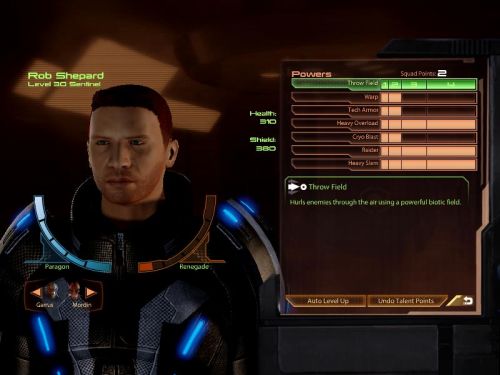
It was commented on the Mass Effect 2 boards that in order to keep everyone loyal in a Miranda/Jack situation you need to go full paragon, which removes the R from RPG, unless that was your plan all along. I'm ok with wanting to play the goodie two shoes if the character fits (say, if you're a Paladin), but it's a slap to the face of players like me who are punished for their naturally evolving choices. Yes, I understand that a chaotic neutral rogue might not keep the hippie druid happy all the time, but it ignores the fact that she wants to be in my party and chose to join me in the first place. In fact, I insulted her throughout our entire first conversation and she still wanted to be my traveling pal. The whiny Teifling should let the damn dwarf pick a fight or two considering we saved her ass not two game-hours ago from some wayward town patrols. One upside in all this is that I have been giving the dwarf the best loot we get, because I like his style. The whiny brat and the beatnik shape shifter can scrounge for sloppy seconds in our backpacks.
It makes me pine for the days of walking around town with Morrigan and Leliana taking pot shots at each other's choice of lifestyle and clothing. Catty women are at least entertaining to listen to.
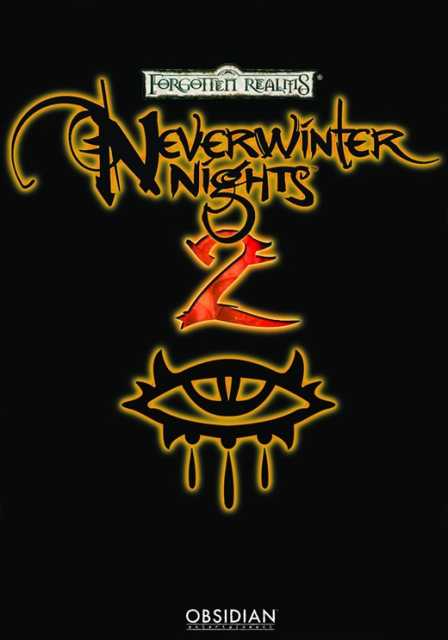
Log in to comment